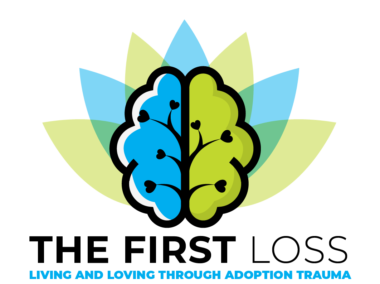Evidence-Based Research
“…the ego of the adopted child, in addition to all the normal demands made upon it,
is called upon to compensate for the wound left by the loss of the biological mother.”
“Adoptees are more likely to have a psychiatric diagnosis than non-adoptees.”
“The experience of adoption…(is) one of loss, rejection, guilt/shame, grief, diminished identity,
thwarted intimacy, and threats to self-control and to the accomplishment of mastery.”
“Many of the issues inherent in the adoption experience
converge when the adoptee reaches adolescence.”
“The odds of having ADHD or ODD were about twice as high in all adopted adolescents.”
“International adoptees had significantly more symptoms
of major depressive and separation anxiety disorders.”
“Adopted adolescents were significantly more likely to have had contact
with a mental health professional than nonadoptees”
“What does an adopted baby know? She knows her mother, she knows her loss, sadness and
hurt, she knows that those who hold her today may be gone tomorrow and that she
will be the only one left to pick up the pieces that no one seems to think are broken.”
Separating a child from its birth mother creates a traumatic event that "deeply impacts the
adoptee, creating special needs that must be addressed throughout the adoptee’s life.
“The incidence of special health care needs is about twice as high in the population of adopted
children as it is among the general population of U.S. children…”
“…adopted children are more likely to have ever been diagnosed with—and to have moderate or
severe symptoms of – depression, ADD/ADHD, or behavior/conduct disorder.”
“Infants do not think but they do process emotions and
long term memories are stored as affective schemas.”
“Attachment starts in the womb, so even for children relinquished at birth,
this represents a significant trauma and attachment wound.”
